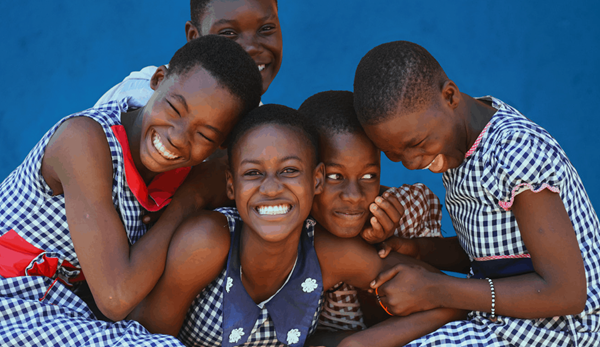
Nigeria Health Watch is set to convene a high-level National Policy Dialogue to address the country’s alarmingly high adolescent fertility rate, currently at 117 births per 1,000 girls aged 15 to 19 years.
The dialogue will also tackle the persistently low use of modern contraceptives among sexually active but unmarried adolescent girls, which remains at just 7.8 per cent.
Managing director of Nigeria Health Watch, Vivianne Ihekweazu disclosed this in a statement shared with journalists on Monday in Abuja.
Ihekweazu said the dialogue, themed “Improving Adolescent Access to Quality Sexual and Reproductive Health Services,” will take place on July 3, 2025, in Abuja.
She explained that the event aims to bring together key stakeholders to craft actionable and sustainable solutions to improve sexual and reproductive health and rights (SRHR) outcomes for Nigerian adolescents, especially girls.
“Adolescents in Nigeria, particularly those in rural and underserved communities, continue to face significant barriers to accessing comprehensive sexuality education, contraceptives, youth-friendly health services, and safe spaces to make informed decisions about their wellbeing,” Ihekweazu said.
She emphasised that every young person deserves the right and opportunity to make informed choices about their bodies and futures.
“To achieve Nigeria’s FP2030 commitments, we must invest in adolescent-focused services that reflect their realities and uphold their rights,” she added.
The policy dialogue will feature panel discussions on strengthening multi-sectoral collaboration for SRHR and practical ways to make SRHR work for adolescents. It will draw participation from representatives of government ministries, civil society organisations, youth networks and development partners.
“Speakers will include officials from the Federal ministries of health, education, youth development, and women affairs, as well as leaders from Organon, Youth Hub Africa, Gender Mobile Initiative and Engender Health Nigeria,” she disclosed.
Despite interventions such as Organon’s Her Promise Access Initiative, which seeks to reduce the unmet need for contraceptives in low- and middle-income countries, many Nigerian adolescents still encounter challenges, including stigma, poor confidentiality, inadequate service delivery and weak policy implementation.
Ihekweazu said the dialogue aims to amplify youth voices, inform impactful policies and build stronger partnerships to ensure that no young person is left behind in the journey towards accessible and equitable reproductive healthcare in Nigeria.

